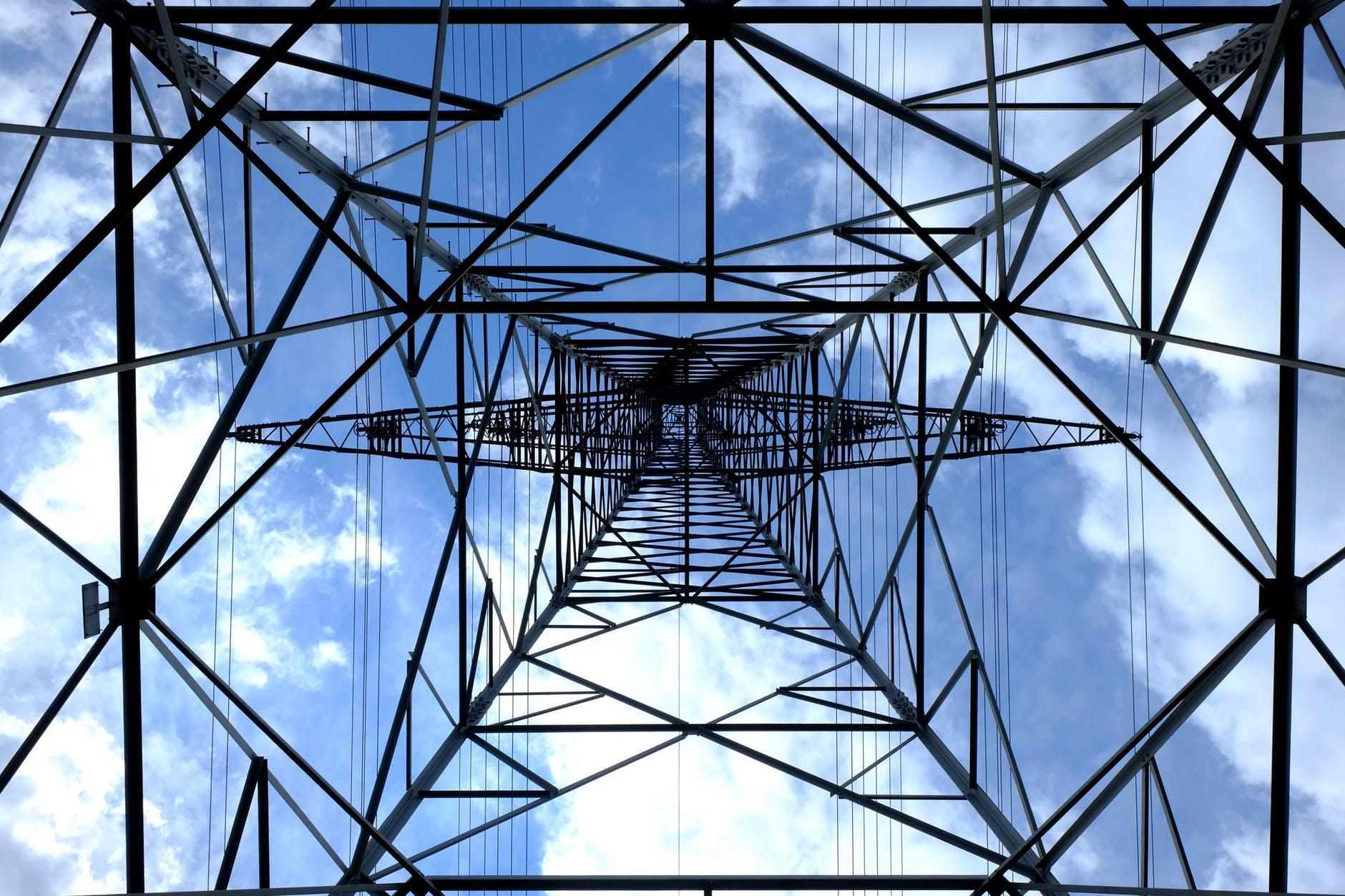Comments
- No comments found

In a world where blackouts can have cascading effects, embracing blockchain technology in power grids offers a transformative solution.
By enhancing data accuracy, enabling decentralized energy trading, facilitating dynamic load management, and bolstering cybersecurity, blockchain has the potential to revolutionize the way we generate, distribute, and consume electricity. As technology evolves, the collaboration between energy experts and blockchain innovators becomes crucial to create a more resilient, reliable, and sustainable energy future. With blockchain, blackouts could soon become a thing of the past, leaving us with a brighter and more illuminated world.
Blackouts are disheartening as they disrupt the normal flow of operations for a business. Thanks to the blockchain technology, power grids could become smarter.
Whenever a specific area of a country suffers from a blackout, every process experiences a delay, life and work are brought to a standstill, while the officials and workers repair the grids to resume the workflow. Power outages throughout the world often culminate in loss of profit for organizations. Fixing a fallen power grid is often considered to be a horrendous task for authorities as tracing which grid is experiencing a trouble can be time consuming. Technology is advancing at an astonishing pace, with several innovations underway, it has become much more focused now on improving our daily activities. Blockchain is a technology that focuses on increasing transparency by introducing ledgers that allow everyone on the network to be better able to view the information stored in the blocks. With the blockchain’s decentralization feature, data is stored on every device on the network rather than storing it on a single centralized server. This distributed storage and the decentralization feature not only help in securing the information but also allow everyone to have a copy of what data is stored on a blockchain. Therefore, blockchain in power grids can be the solution for electrical departments and can prove to be helpful in creating ‘smart’ power grids.
With blockchain in power grids, tracking a failure point becomes easy. With power grids being able to communicate, they can quickly convey their status to companies and notify them in case of an emergency. With the usage of smart software and other technologies, companies can associate these grids that are able to communicate with each other and the server rooms in a better fashion. With these increased functionalities, tracing failure in power grids becomes easier.
When power grids become smart, they can suggest authorities on what tools and devices would be required to bring the power grid back to its working condition and bring operations back to normal. One of the reasons blockchain in power grids seem to be a promising application is because of its potential to reduce the losses incurred by businesses and minimize the freeze time for a company when they suffer a blackout.
Apart from informing authorities about existing and potential failures, blockchain in power grids can also empower them to store the information about issues faced in the past. Storing such crucial information can not only help maintain transparency but also allow users to detect when a power grid requires renovation or complete dismantling and installation of a new grid altogether.
If a customer wants to notify about a power failure or wants to support the grids by participating in the load balancing process, she can do so by anonymously informing on the blockchain network. By accepting to assist companies in managing power, businesses do not need to suffer enormous losses and can decide when to pause their units for allowing easy transportation of energy from one point to another. Several countries and governments have realized that blockchain in power grids can be a solution to the problem of blackouts and load shedding. It is time that all countries recognise the importance of such a groundbreaking technology to meet the needs of power handling.
In a blockchain-enabled power grid, data related to electricity generation, distribution, and consumption can be recorded in a tamper-proof and transparent manner. This ensures that all stakeholders have access to accurate and reliable information, reducing the chances of misinformation and enabling more informed decision-making.
Blockchain's smart contract capabilities can facilitate peer-to-peer energy trading. Imagine households generating excess solar energy being able to directly sell it to neighboring houses or businesses in need. Such decentralized energy trading not only reduces strain on the central grid but also encourages the use of renewable energy sources.
Blockchain can enable real-time communication and coordination among smart devices connected to the grid. This means that when there's a surge in energy demand—for instance, during extreme weather conditions—smart devices can automatically adjust their consumption, preventing overload and potential blackouts.
Traditional power grids are vulnerable to cyberattacks, which can have catastrophic consequences. Blockchain's cryptographic security mechanisms provide a robust defense against such attacks. With data distributed across the network and protected by encryption, hacking attempts become significantly more challenging.
The power grid is not just about energy generation—it involves intricate supply chains for resources like fuel, maintenance parts, and equipment. Blockchain's traceability can ensure the transparency and integrity of these supply chains, preventing disruptions that might otherwise lead to blackouts.
Naveen is the Founder and CEO of Allerin, a software solutions provider that delivers innovative and agile solutions that enable to automate, inspire and impress. He is a seasoned professional with more than 20 years of experience, with extensive experience in customizing open source products for cost optimizations of large scale IT deployment. He is currently working on Internet of Things solutions with Big Data Analytics. Naveen completed his programming qualifications in various Indian institutes.
Leave your comments
Post comment as a guest